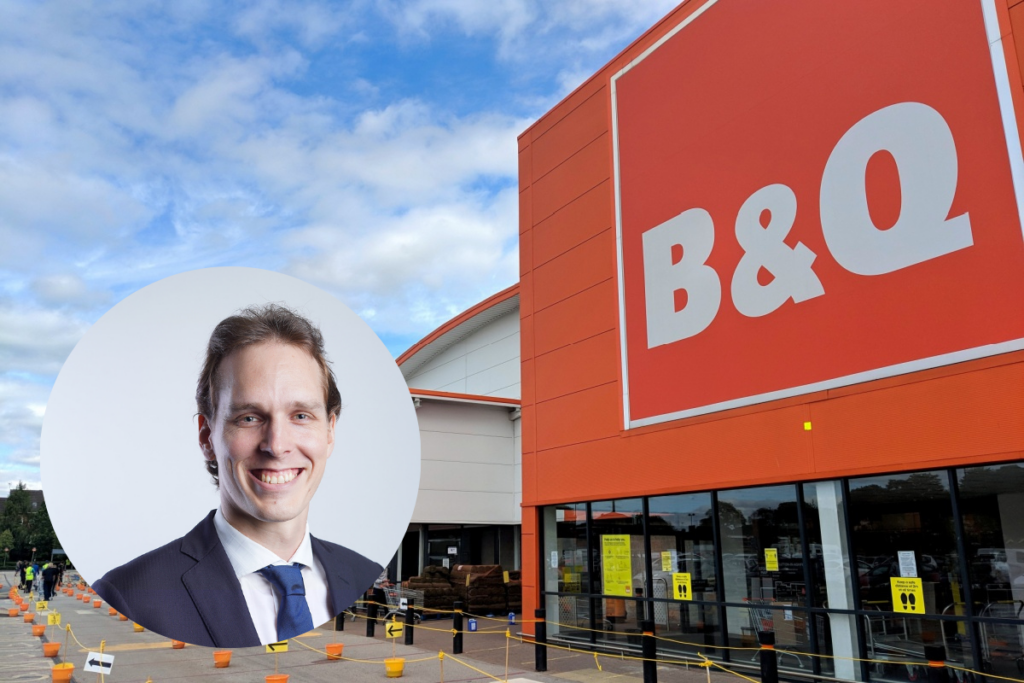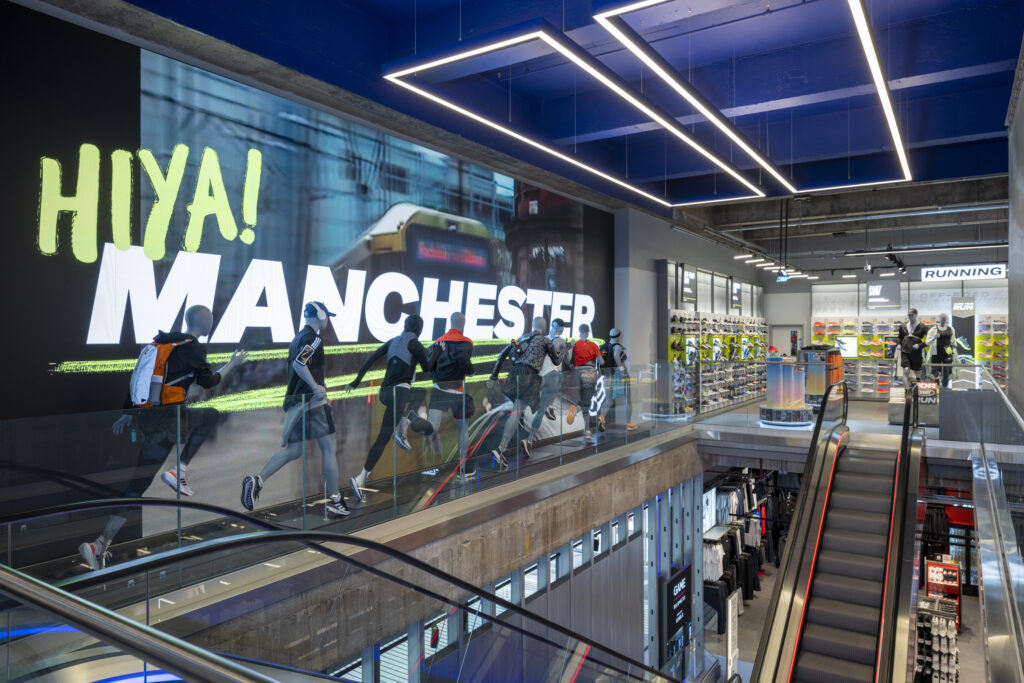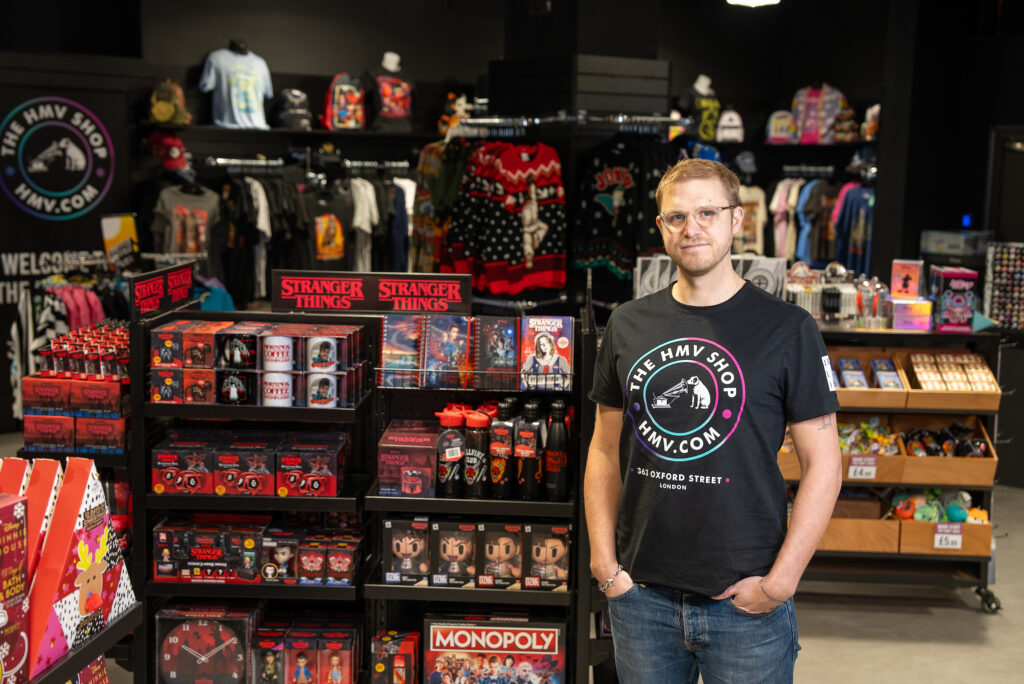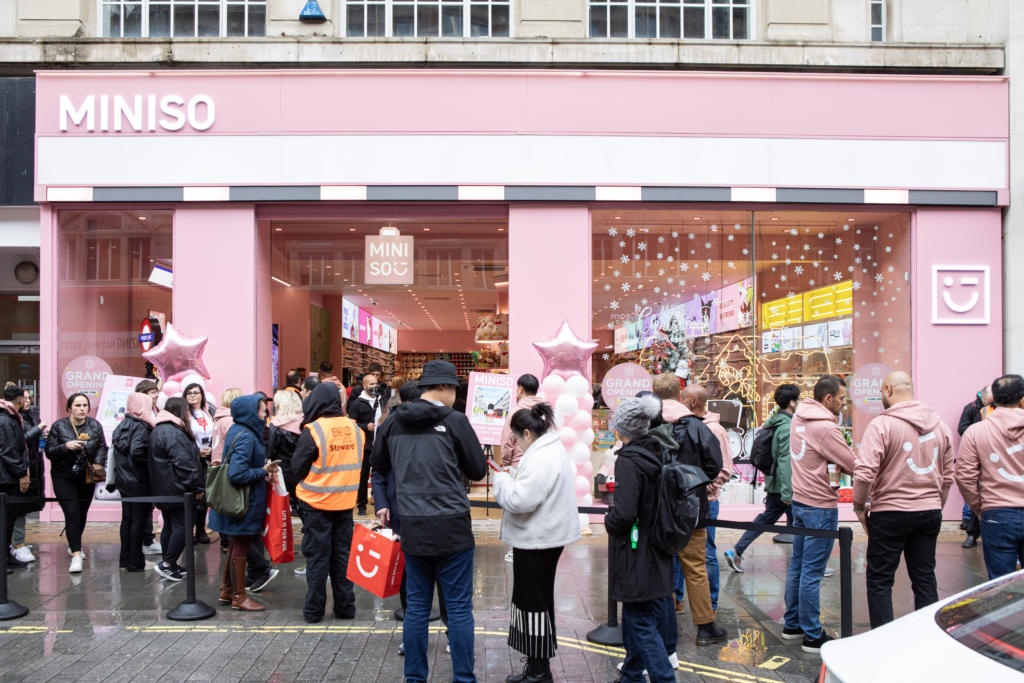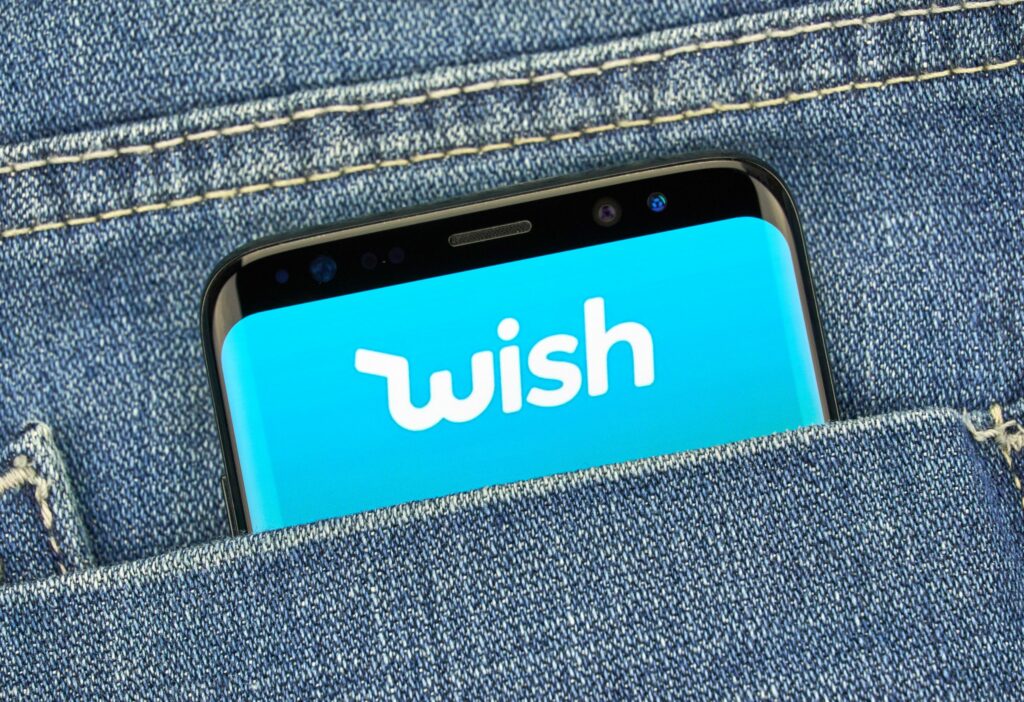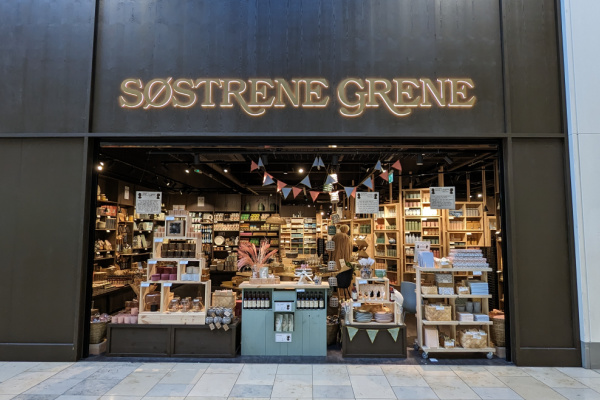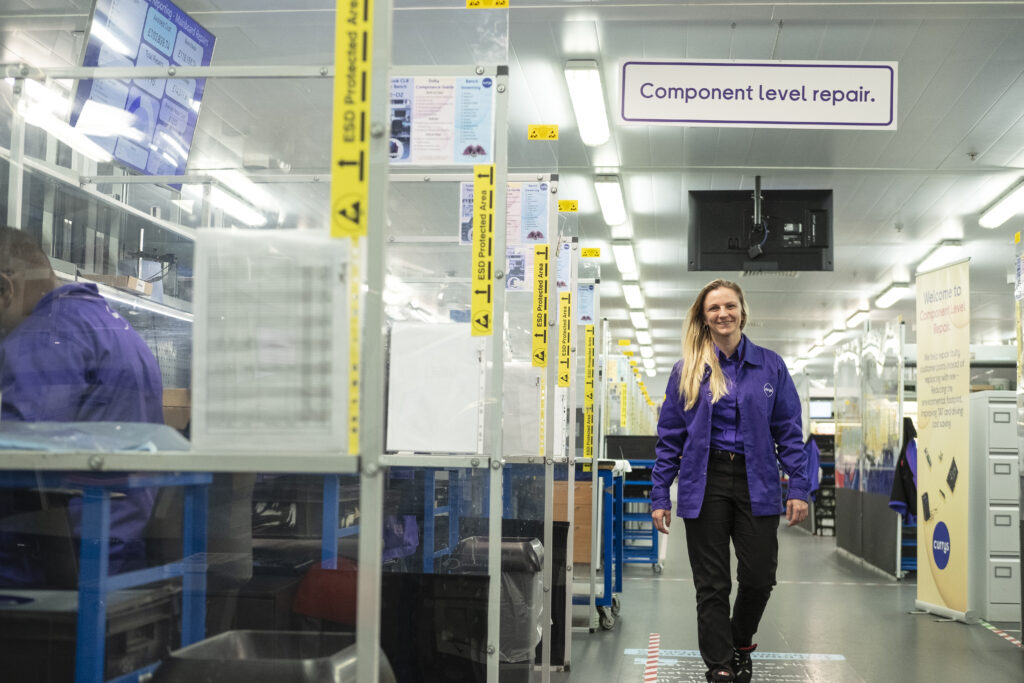Huge multinational companies need far more than a good product base and supply chain, they must also lead the way in understanding the intricacies of their ever-changing customer base as well as their employees.
Tesco started life in 1929, and owes its success to innovative retail schemes, pioneering self-service in the 1940s and becoming one of the first to combine non-food and food, as well as being the UK‘s first “superstore”.
These groundbreaking advancements were built upon a thorough understanding of its customer base, something that is still at the heart of the business today.
It is also something that Tesco‘s International VP of Culture and Engagement Nahal Yousefian lives and breathes.
Having started with Tesco in 2006 as an analyst and working her way up through various international roles, Yousefian has a unique vision of her company and the contemporary consumer landscape.
“Tesco, like most of the organisations that were lead and driven by baby boomers, has always had hierarchy embedded in not just their structures but their behaviors,” she said.
“It‘s part of the reason it was so massively successful. Even outside of retail all the massive conglomerates were centrally driven and centrally controlled and it worked.
“Come 2008 the landscape shifted. Most people associated that with the economic crash and a change in the landscape, but it‘s actually much deeper than that.”
“If I don‘t know why I‘m doing shopping this way how in God‘s name are the researchers and marketers going to?”
Yousefian draws parallels between the seismic shifts in customer behavior and an unlikely term for describing modern terrorism.
“It actually started in the late 80s and 90s with the American military‘s response to terrorism. Volatile, uncertain, complex and ambiguous (VUCA). They were describing the terrorist landscape in these terms, the enemy is no longer predictable,” she said.
“Their response was that one, it became more and more apparent that decision making and control needed to become less about central accountability, and that it needed to be given to the front lines.
“The president in Washington had very little knowledge of what was going on on the frontlines despite all the information available.
“The second is that you need to increase your presence in other markets, where you would not usually be present.
“How does that link to retail at all? It‘s the same thing. The customers changed behaviors in shopping habits.”
FOR MORE BIG INTERVIEWS CLICK HERE
Yousefian‘s primary focus is ensuring Tesco hands power to those on the frontline, as they are the ones with all the knowledge.
As an example, she explains how a shop worker at her local supermarket asked why she hadn‘t seen her in a while. In general conversation she explained that she had changed her job and was travelling more.
Although she purchased a couple of items online, she left to finish her shop, realising during the conversation that she had only split the shop because she was conscious of not leaving the house enough.
“If I don‘t know why I‘m doing shopping this way how in God‘s name are the researchers and marketers going to?” Yousefian said.
“No one would have known why I shopped this way if I had not had this conversation with a frontline employee.
“This is forcing a cultural shift all around the world, HR people keep saying ‘talk to your people more’. This has been an ongoing jingle among HR for decades. But what‘s interesting for me is there is genuine reason to do this because the market is so VUCA.
“Social media is obviously where the conversation is at. I can give you thousands of pieces of data that show customers are no longer driven by marketing campaigns and traditional marketing.
“They‘re driven by what the employees are recommending and the conversations happening on social media more and more.”
“What Uber did for taxi drivers is what will happen to the retail sector rank and file, we‘re even seeing evidence of interim CEO‘s.”
Looking to the future it is clear that for Yousefian and Tesco, understanding millennials is the key to progress.
“Millennials have brought in a different twist to the games, both as employees and as customers,” she said.
“The biggest complaints are that they have ADHD, they are always on their phones, they have skills problems, they don‘t last longer than two years in a job, retaining them is becoming an impossible feat.
“My understanding from studying millennials is that they don‘t have ADHD, it’s just that they‘re distracted easily because everything in their world is coming in sound bites. You have to understand the way they learn has fundamentally changed.
“What I think is going to undermine the organisational structure is the idea that millennials don‘t last more than two years in a job. Well that‘s not the millennials, that‘s actually the trend of any workforce management for the future.
“What Uber did for taxi drivers is what will happen to the retail sector rank and file, we‘re even seeing evidence of interim CEOs.”
Raising awareness of these changes, and informing employees that they must pass this invaluable knowledge onto management is now key focus for Yousefian.
It is clear Tesco owes much of its dominance in the market to not only its thorough understanding of its market, but to employees like Yousefian who illuminate them.
Click here to sign up to Retail Gazette’s free daily email newsletter



